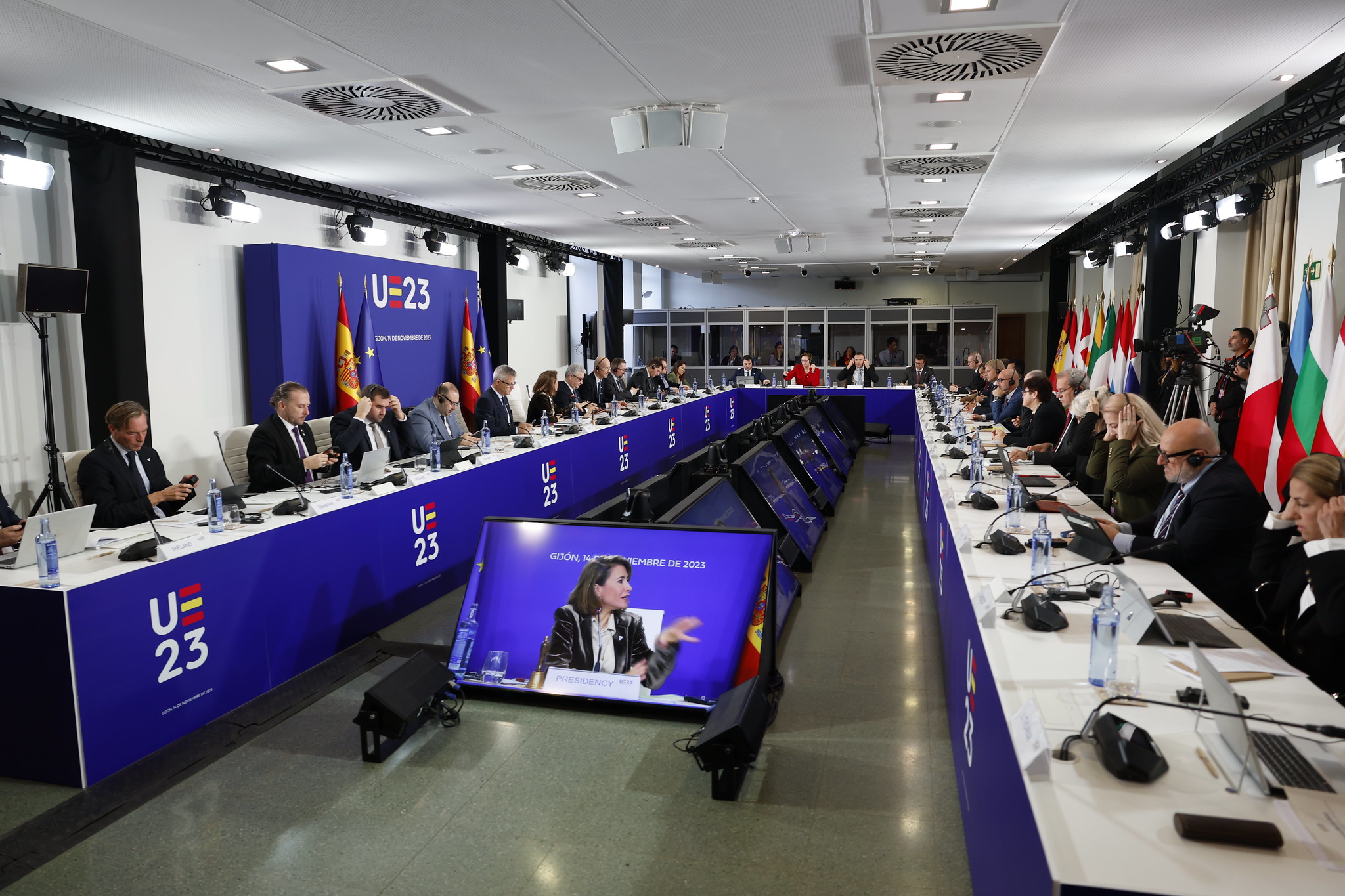
Exploring and reviewing the new Urban Agenda for the EU topics
The two new topics are Water sensitive city and Housing decarbonisation, heating and cooling local plans – both topics being pressing to meet urban challenges and reach sustainable urban development. The new topics for thematic partnerships were endorsed by European ministers of housing and urban development during the informal ministerial meeting organised by the Spanish Presidency of the Council of the European Union in Gijon on the 14th November.
What now?
Before the Partnerships are ready to take off, it is important to explore the themes and define the scope of the Thematic Partnerships. What exists and what has been done already on these themes? What are the challenges and the opportunities? This is done through an Ex-Ante Assessment (EAA), an evidence-based research report, written by external experts on each of the topics. Once the experts have written the report, it must be officially endorsed by the Directors General Meeting on Urban Matters (DGUM). The DGUM will this year take place in June and gathers representatives from the European Commission, Member States, the Belgian Presidency of the Council of the European Union, and relevant urban networks and umbrella organisations.
Once endorsed the European Urban Initiative on behalf of the European Commission will launch the call for Thematic Partnership partners. It is foreseen that the call will be open from August to October, leaving interested partners enough time to apply after the summer period. Once the call is closed, the applications are carefully assessed by the EAA experts taking into consideration the diversity of stakeholders, the geographical location in Europe and the variety of size of urban authorities. Once approved by the DGUM in the autumn of 2024, the Thematic Partnerships on Water Sensitive City and Housing Decarbonisation, Heating and Cooling Local Plans will be launched and ready to kick-off in early 2025.
What do these topics entail?
The scope of each partnership is yet to be defined and will be decided through the Ex-Ante Assessment. However, in the Gijon Agreements, ministers of housing and urban development agreed on a general approach to the themes:
- Water sensitive city
The growing problem of rainwater runoff in European cities, caused by fast urbanisation and more artificial land use, poses certain challenges. When you add in the impact of climate change, like more intense rain followed by periods of drought, it increases the risk of floods in densely built areas with low drainage capacity. Using a multi-level governance approach could be useful in tackling issues like flooding and managing water resources more sustainably in cities across Europe.
- Housing decarbonisation, local heating & cooling plans
Decarbonising the building stock by 2050 is one of the many ambitious energy and climate goals of the European Union. The recently adopted Energy Efficiency Directive (EED) determines that cities of minimum 45,000 inhabitants must develop local cooling and heating plans. At the national level, Member States, must submit National Energy and Climate Integrated Plans (NECPS) as well as Long-Term Renovation Strategies to enhance energy efficiency and retrofitting of the building stock. To reach the implementation of these policies, multi-level governance and the involvement of a variation of stakeholders is essential. The partnership will address the issue of housing decarbonisation encouraging a district approach.
Are you curious to learn more about ongoing and previous Thematic Partnership within the Urban Agenda for the EU? Visit the partnership page!
